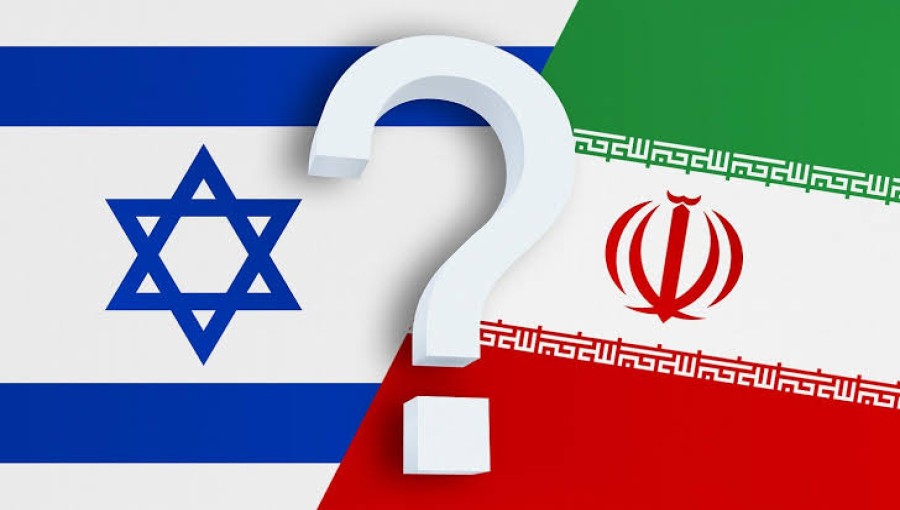Tensions between Iran and Israel have reached a boiling point following the recent attack on the Iranian consulate in Damascus, Syria. Amid escalating rhetoric and threats of retaliation, fears of a direct war between the two eternal foes have intensified, sending shockwaves across the Middle East and beyond.
Iran has issued a stern warning to Israel, vowing to launch a merciless and specific retaliatory attack in response to the killing of its soldiers. The threat has instilled fear in Israel, prompting the nation to brace itself for a potential new conflict.
In a bid to prevent further escalation, the United States finds itself on edge, with Washington fearing the repercussions of a direct confrontation between Iran and Israel. Iran's warning has effectively restrained US actions, emphasizing the gravity of the situation.
Iran has placed its military on high alert, signaling readiness to execute an unprecedented attack on Israel. The Jewish state faces the looming prospect of obliteration, prompting speculation about the timing, method, and impact of Iran's impending assault.
Despite both nations boasting significant military prowess, Iran holds a perceived advantage over Israel in terms of sheer military strength. With a larger regular troop count and formidable paramilitary forces, Iran appears poised to challenge Israel's military dominance.
In the air domain, Iran maintains a sizable fleet of military aircraft and helicopters, positioning it as a formidable opponent to Israel's air force. Additionally, Iran's substantial inventory of tanks, armored vehicles, submarines, and air defense systems further bolsters its military capabilities.
While Israel possesses a nuclear arsenal, Iran's potential for a multi-pronged assault poses a formidable challenge. Experts suggest that in the event of a direct confrontation, Iran could encircle Israel from multiple fronts, significantly escalating the conflict's intensity.
As tensions continue to mount, the international community remains on edge, closely monitoring developments in the region. The prospect of a direct war between Iran and Israel underscores the volatile nature of the geopolitical landscape in the Middle East.





























Comment: